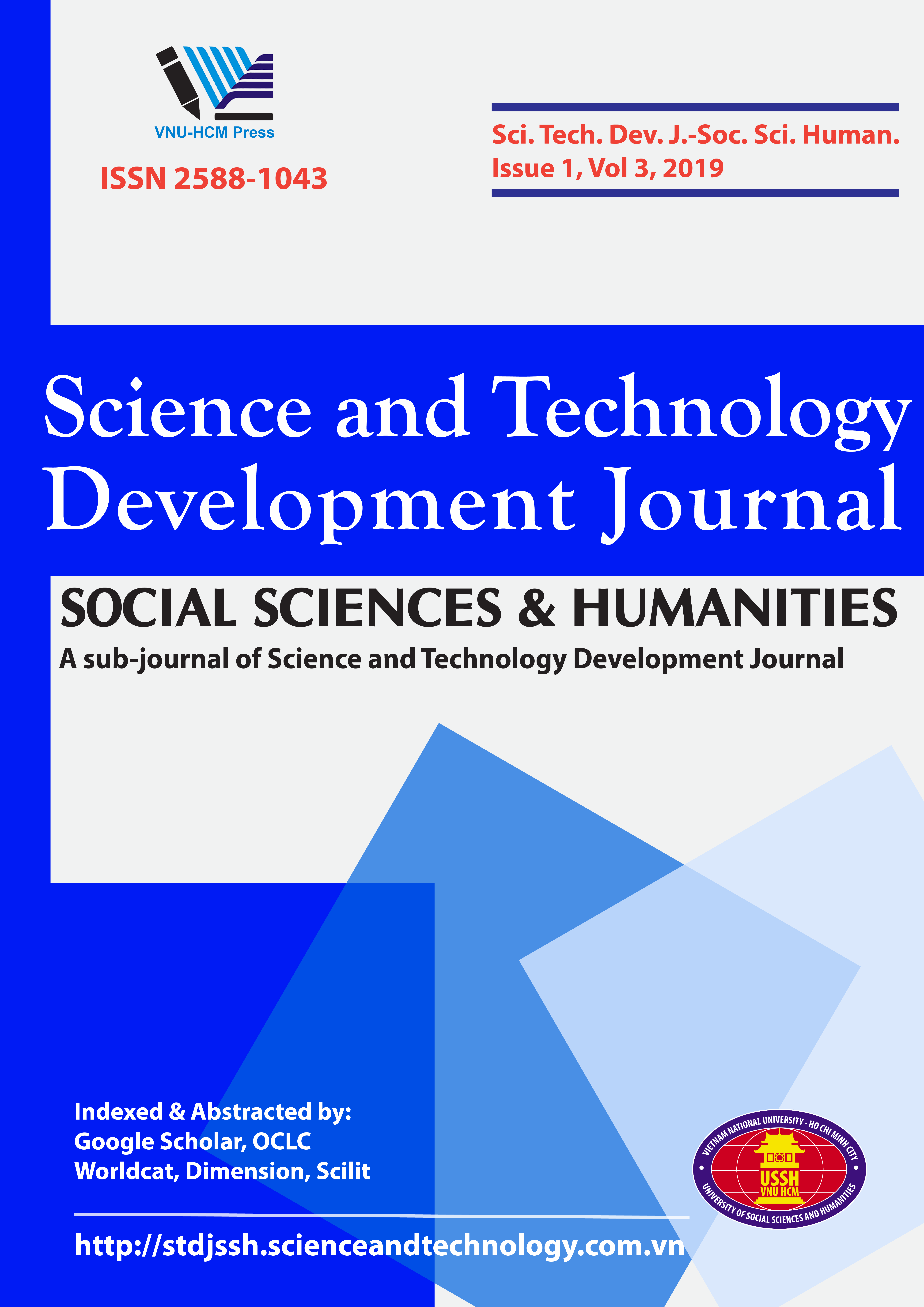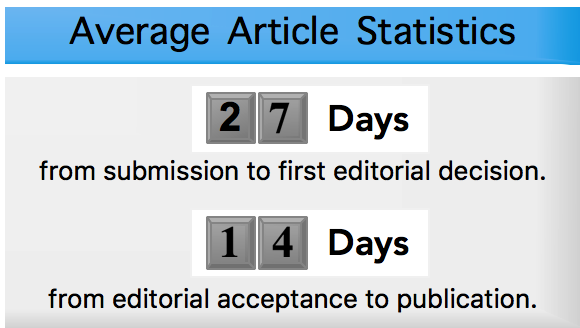Downloads
Abstract
This paper is a comparative research on how Vietnam and Korea struggled to accommodate and interact with Western ideas in the advent of Western intervention in the East Asian region, based on the closely related cultural and historical background between the two East Asian countries. The author specifically focuses on the rise of Western ideas, i.e. Catholicism in the two countries within the dominant impacts of Confucian Sino-centric perception adopted by Confucian scholars and rulers for centuries. The research indicated significant resemblance in the pattern of Korea and Vietnam's reception and reaction toward the influences and challenges inflicted by the West, which was predominantly driven by the Sino-centric world view. In this light, both countries struggled through consistent social and political unrest and finally commenced to close the gates to the outside world in an attempt to protect the ruling powers. Vietnamese rulers, however, were by far less conservative and aggressive against the presence of the West in their domains due to their dependence upon Western advanced military technology, particularly during the internal conflicts between the Trinh and Nguyen factions. However, after the unification under the reign of Nguyen family, despite previous contacts with the West, Vietnam gradually become a fervent Confucian state. Meanwhile, in the same period of the Western provocation in East Asia, Korea was a full-fledged and unified kingdom under the rule of Yi family, Choson was more alerted about the rise of new ideas brought in by the West; thus, their reaction toward Western ideas were more brutal and merciless in order to protect the kingdom's correct ideology. Conclusively, no matter how Vietnamese and Korean scholars and rulers were fascinated by Western advancement in technology, owing to their commitment to the Sino-centric worldview they were reluctant to regard Western ideas in positive ways; thus, gradually failed to adapt themselves to the road to modernization which historically contributed to the decline of the nations in the following periods.
Issue: Vol 4 No 4 (2020)
Page No.: 677-688
Published: Dec 28, 2020
Section: Research Article - Social Sciences
DOI: https://doi.org/10.32508/stdjssh.v4i4.606
Download PDF = 408 times
Total = 408 times

 Open Access
Open Access 








